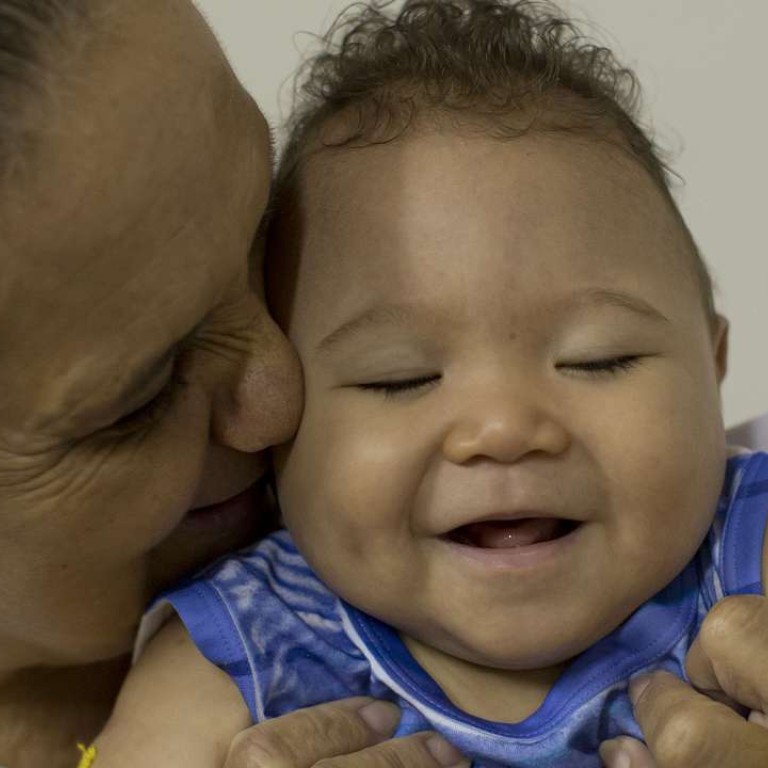
Taiwan joining global effort to curb spread of infectious diseases
According to the World Health Organisation, 774 people died during the Sars outbreak in 2003.
Apart from countries that were directly affected, it also had a huge impact on the global economy. Since then, we have had more medical emergencies with infectious diseases, such as Ebola and Mers. These viruses are complex and there are fears globally of yet-unknown viruses emerging.
The latest one, the Zika virus, has swept across every continent. The WHO estimates that vector-borne diseases account for 17 per cent of the global burden of all infectious diseases, killing up to 750,000 people each year. Dengue, the fastest-growing vector-borne disease, is endemic in more than 100 countries. Last year, Taiwan confirmed a total of 43,419 indigenous cases, which was one of the most severe dengue outbreaks since 1987. Since Zika virus is transmitted by the same mosquito species that transmits dengue virus, Taiwan also faces an increased risk of Zika virus outbreaks.
Infectious diseases do not respect boundaries, and Taiwan has fulfilled its International Health Regulations (IHR) responsibilities since 2009, when we were officially included in the implementation framework. We have established an IHR contact point with the WHO to enable regional and global responses to public health threats. We assessed and improved our surveillance and response capacities.
By organising training workshops for 14 Asia-Pacific and Southeast Asian countries’ health and laboratory professionals, we strengthened the regional network in view of the public health threats from Ebola, Mers, dengue and Zika.
Taiwan has expanded mosquito-related preparedness and response. However, Taiwanese also face pandemic and seasonal influenza threats. We need better vector control, effective vaccines, and proper clinical management.
This requires efforts to maintain the widest possible international health networks. By adopting the frameworks of the Global Health Security Agenda with the WHO, Taiwan pledges to promote human medicine and veterinary collaboration and construct a unified system for infectious disease control.
Global health demands that all humans have optimal capabilities to respond to such threats. Taiwan still hopes for better alignment with the international community and will continue to pursue bilateral, multilateral and research cooperation. We will assist our Asia-Pacific and Southeast Asian neighbours to enhance their response capacities.
Taiwan is willing to participate in international arenas. Our participation ensures that global health security will never again have deadly blind spots because of blocked communication and lack of transparency.
Dr Tzou-yien Lin, minister of health and welfare, Republic of China (Taiwan)

